Graham Reid | | 3 min read
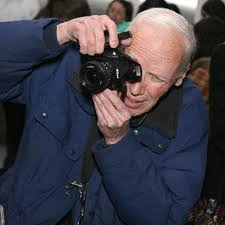
Veteran photographer Bill Cunningham considers himself a reporter using his camera like a pen, astutely observing and documenting street fashion, society events and runway collections for The New York Times, and he is perhaps best known for his Street Style column, a barometer of emerging fashion trends that carries clout in the wider fashion industry.
Cunningham is now in his 80s but age hasn’t diminished the energy and enthusiasm he has for his work, the glue of his life.
Fashion can seem like a dictatorial set of rules, governing what we should or shouldn’t wear. But for Cunningham everything is of equal merit, he’s interested in the reality of fashion, what people wear as they go about their daily lives. He works without any preconceived thoughts watching and waiting for the repetition of an idea or detail; baggy jeans, large handbags, knee length skirts, a particular colour or pattern; it could be anything that Cunningham identifies as a trend.
Conversely he’s drawn to people who don’t follow a collective style, people who use clothing as a means to communicate their individuality and in some cases push boundaries of gender, age and appropriateness.
Repeatedly throughout Richard Press' doco Bill Cuningham: New York, Cunningham runs, nudges people aside or abruptly breaks conversation to photograph clothing. He’s tuned to his surroundings, alert, focused and his nerves are wired to his camera. In the broader sense Cunningham is chronicling life in New York.
"I try to play a straight game in New York and that’s almost impossible."
A strong sense of integrity underlies Cunningham’s work, seemly out of step with the thrust of the city. He’s quit a job with the prestigious Women’s Wear Daily magazine, over an ethical issue and equates money with ownership. At The Times he maintains a degree of autonomy over his work, still shooting on film, retaining his negatives and assiduously art directing his pages, artistic control is his bottom line.
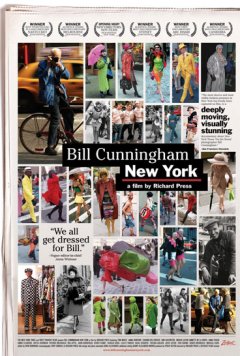 Living an eccentrically Spartan lifestyle, with little regard for physical comfort or material things, Cunningham travels by bicycle, habitually dresses in blue street sweepers’ jackets and eats at cheap diners. His tiny apartment at Carnegie Hall is cramped, cluttered and crammed with filing cabinets containing photographic negatives and he sleeps on a makeshift cot with a communal bathroom down the hall.
Living an eccentrically Spartan lifestyle, with little regard for physical comfort or material things, Cunningham travels by bicycle, habitually dresses in blue street sweepers’ jackets and eats at cheap diners. His tiny apartment at Carnegie Hall is cramped, cluttered and crammed with filing cabinets containing photographic negatives and he sleeps on a makeshift cot with a communal bathroom down the hall.
But there’s a sense that Cunningham doesn’t spend too much time at home. Illustrating the changing dynamic of New York as it moves to an increasingly financial focus, one storyline thread concerns Cunningham and several other elderly bohemian artists’ eviction from their Carnegie apartments and studios where they have lived and worked for over fifty years, to make way for offices of featureless telemarketer cubicles.
The film explores Cunningham’s work and methods in detail; his private life is another matter
When asked about his family, he describes them as working class and Catholic, there’s a cut to a black and white family photo and little else is said except Cunningham’s parents considered his career in fashion an unmanly occupation. The most personal questions regarding Cunningham’s religious beliefs (he goes to Mass every Sunday) and relationships are asked in a hesitant, apologetic manner.
He interrupts at one point with “Are you asking if I’m gay?"
He never directly answers but explains that he’s always been too busy and involved with his career for any form of personal attachment apart from a few platonic friends. Cunningham speaks honestly but never gives too much away.
The film doesn’t elaborate by providing any further research or information and a respectful distance is kept from subjects Cunningham doesn’t want to discuss.
At heart he’s a shy and intensely private man.
Sarah Jane Rowland is a writer who lives in Auckland, works in a library and her not-so secret passion is film. She is well read and well viewed. Her previous contributions to Other Voices Others Rooms are here.
Other Voices Other Rooms is an opportunity for Elsewhere readers to contribute their ideas, passions, interests and opinions about whatever takes their fancy. Elsewhere welcomes travel stories, think pieces, essays about readers' research or hobbies etc etc. Nail it in 1000 words of fewer and contact graham.reid@elsewhere.co.nz.
See here for previous contributors' work. It is wide-ranging, huh?

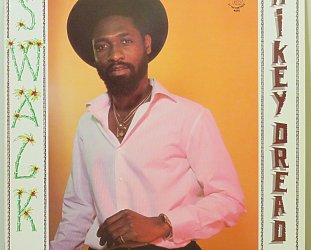
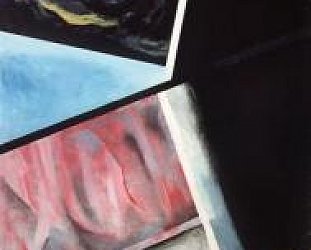
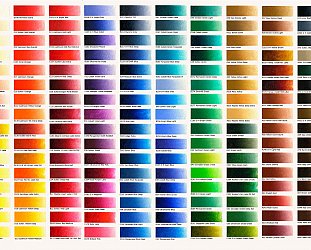
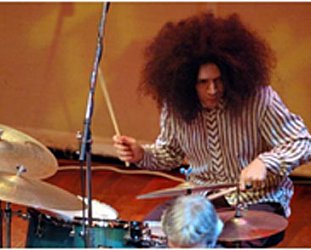
post a comment